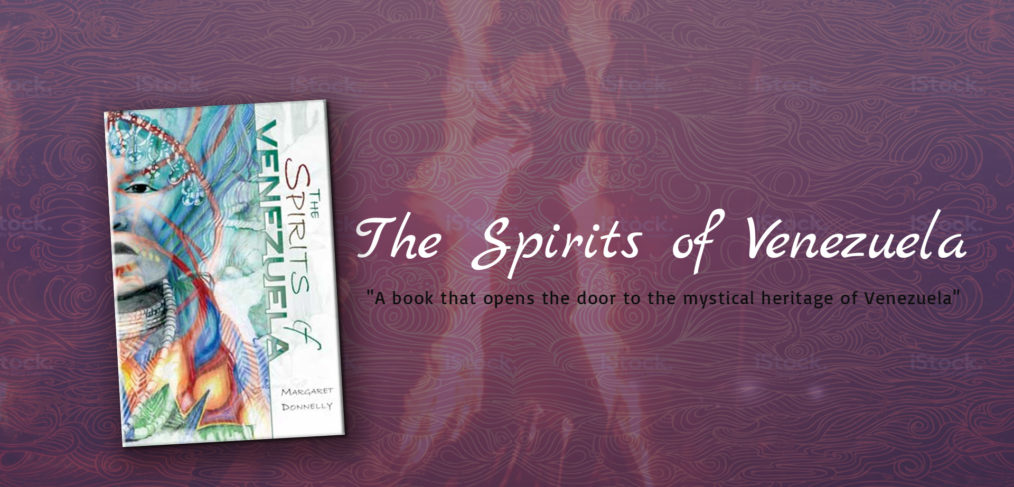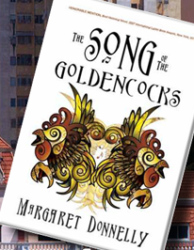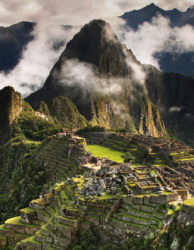
Maria Lionza and The Spirits of Venezuela
Today, I listened to a beautiful song. By Ruben Blades, this song is about Maria Lionza, the central figure in one of the most widespread indigenous religions in Venezuela. Her religion is a blend of African, indigenous, and Catholic beliefs, and she is revered as a goddess of nature, love, peace, and harmony. Those who pray to Maria Lionza bring their offerings to a sacred mountain in Venezuela.
This song struck a chord with me. However, the lyrics were only meaningful to me because I read native Venezuelan author Margaret Donnelly’s book, “The Spirits of Venezuela” a few years ago.
Here are some of the lyrics, roughly translated into English:
“Maria Lionza” by Ruben Blades
In the mountain of Sorte by Yaracuy
In Venezuela lives a goddess
In the mountain of Sorte by Yaracuy, living goddess
A noble queen of beauty and of great kindness
Loved by nature and light and charity
And the walls are made of wind
And the roof is made of stars
The moon, the sun, the sky, the mountains are the friends
The rivers, streams and flowers are the messengers
All hail Queen Maria Lionza
By Venezuela goes with her ounce and caring
and will continue to ensure that the whole earth from El Guajiro to Cumana
Cares about the fate of Latinos to live in freedom and united
In the mountains of Sorte by Yaracuy in Venezuela!
Maria Lionza, make me a little miracle and a bouquet of flowers for you to take
Maria Lionza, make me a little miracle and a bouquet of flowers for you to take
A bouquet and flowers, white flowers for the purity of your goodness…
There is something magical about those lyrics, isn’t there? It’s enough to make me want to visit the mountains in Sorte by Yaracuy.
In Donnelly’s auto-biographical “Spirits of Venezuela,” the author and her guide, a shaman named Simon, visit the mountain of Maria Lionza. Donnelly takes readers on a physical and spiritual adventure as she seeks to learn more about and participate in a Venezuelan spiritualist tradition that has been effectively hidden from mainstream sight, a casualty of the old Catholic colonizers.
As with many other cultures, Venezuelans managed to keep some of their old spiritual ways alive when the Catholics conquered religion by calling native gods by the Catholic names they were commanded to use. The Venezuelan rituals and meanings were carried on undercover, though this tradition began to be viewed as superstition as time went by. A syncretic mix of influences from Catholic conquistadores, indigenous Venezuelans, West African slaves, and even Scandinavians, this spiritual tradition is both nature-focused (as evidenced in Blades’ song) and comfortable with the supernatural.
Throughout the book, Donnelly experiences unexplainable phenomena that whip up the reader’s curiosity. Some of the scenarios almost seem fantastical, but Donnelly’s vulnerability and enthusiasm make her stories feel credible. This book is sure to spark inspiration in spiritual explorers.
Please listen to Blades’ song about Maria Lionza, then read about Donnelly’s pilgrimage to visit her mountain in “Spirits of Venezuela.” It’s a journey that’s not to be missed.




